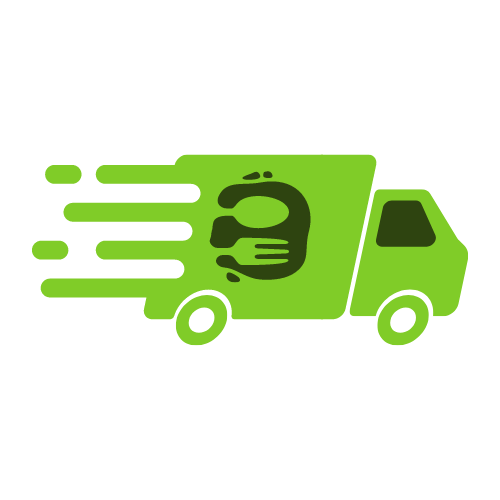IoT and Gig Work: The Privacy Implications of COVID-19 Temperature Checks at Office Buildings

As the COVID-19 pandemic continues to impact communities globally, preventive measures have become commonplace in public spaces, especially in office buildings. One such measure involves using Internet of Things (IoT) devices to conduct temperature checks. While these devices can help maintain public health, they also pose privacy concerns, particularly for gig workers who may frequent multiple locations in a day.
Thermal imaging cameras, a type of IoT device, have been deployed in various settings as a non-contact method to detect elevated body temperatures indicative of a fever, one of the symptoms of COVID-19. These devices can measure temperature from a distance, allowing for seamless integration into the daily operations of an office building. However, they also collect data, which, if not handled properly, could lead to potential privacy infringements.
The issue becomes more complex when considering the role of gig workers in this scenario. Gig workers, including delivery personnel, freelance consultants, and temporary staff, often navigate multiple buildings and environments in a single day. As a result, their temperature data could be collected and stored by multiple entities, raising concerns about how this data is managed, stored, and potentially shared.
The privacy implications are multifold. Firstly, there is the risk of data misuse. Without strict data handling policies, sensitive health information could end up in the wrong hands, leading to potential discrimination or even identity theft. Secondly, there is the issue of consent. In the rush to implement safety measures, the requirement to obtain informed consent for data collection may be overlooked.
Moreover, there is the question of data necessity. Is it necessary to store the temperature data of individuals, or should the data be anonymized and used only for statistical purposes? Lastly, what happens to the data after the pandemic? Will it be deleted, or could it be repurposed for other uses without the individual's consent?
To address these concerns, businesses and policy makers need to implement robust privacy frameworks. These should include clear data handling and storage policies, mechanisms for obtaining informed consent, and strict guidelines on the use of collected data. Furthermore, they should consider whether temperature data needs to be stored at all, or if real-time checks without data storage could suffice.
In conclusion, while IoT devices for temperature checks serve a crucial role in curbing the spread of COVID-19, they also pose significant privacy challenges. These challenges are particularly acute for gig workers who interact with multiple such devices daily. As we continue to navigate the pandemic, it is essential to balance the need for public safety with the right to personal privacy.







